Marshall Criser: In Pursuit of Student Success
January 23, 2023
On its website, Piedmont University promotes its “Piedmont Promise – to provide an educational experience that is personal in approach, passionate in application and practical in impact.”
It’s the second “p” in the promise that Piedmont’s new president wants to focus on. “I learned this word from a dean, and I don’t know that you hear it enough in education,” says President Marshall Criser. “I want people to find their passion.”
Named the new leader of Piedmont late last year, President Marshall Criser, did not always envision himself in the world of higher education. Originally a business graduate, Criser spent over 30 years in the telephone business with the company now known as AT&T. Eventually an opportunity presented itself for Criser to step into the role of Chancellor of the State University System of Florida in 2014. As Criser made this transition, he came to realize his own passion – one that he has transformed into a career.
His transitionary role into education focused primarily on the policy aspects of public universities. Down the road, Criser found a pivotal aspect that was missing from his role was the ability to form human connections.
“I believe I can, and should, get to know, at some level, everyone at this campus,” says Criser. “At Piedmont, there is no excuse to say, ‘Well there was just too many people,’ or ‘It was too spread out.’”
It was Demorest, not Piedmont, that the new president first became acquainted with. The father of four daughters was introduced to the small mountain town by his youngest’s fiancé, who has a family home nearby. It was for this reason, as he skimmed the higher education job offerings, Piedmont stood out.
The familiar location of Piedmont’s campus was not the only attraction for Criser and his wife, Kimberly. The President’s house, located in the heart of Piedmont’s campus, set the school apart from others like it.
“Our home is not just our house, but the university’s house and we are stewards of it,” says Criser. “We want it to not just be a place where guests to campus can come, but also students and faculty can come.”
The two hope that once they have settled into their new home, they can use the opportunity to welcome members of the Piedmont community and foster a relationship with students that is not merely a business transaction.
Criser expresses a profound interest in creating and harboring the best environment possible to help students succeed. Piedmont possesses a responsibility that extends beyond merely providing the tools to succeed in the form of an education; the school has a responsibility to ensure students utilize those tools in the next steps of their lives.
“It’s not just about enrolling people. It’s about helping them to succeed in their academics and other interests; and it’s also about being prepared to help them find a degree, graduate and at some level help them find a job – or continue their education,” Criser says.
Criser acknowledges this relationship is also essential to the university’s future. Students become alumni, and alumni may one day feel compelled to reinvest in the institution that kickstarted their lives.
The reputation of Piedmont has struggled in recent years, both internally and externally, and this struggle is no secret to the community. As Criser takes his first steps into solving the problems afflicting the university, he is not taking action due to the faults of the past; instead, he is taking action based on what he believes to be right for the future, regardless of past circumstances.
“I just got started,” says Criser. “I enjoy meeting people, and I’ve been taking time to listen to them. Every one of those conversations adds to my feeling of what this place is, and what it’s capable of doing.”
The primary concern for administrators, students, faculty and staff alike is the uncertainties concerning the budget. While the solution may not be obvious, and tough choices will be made, Criser hopes that in working as a team, finding a solution will present itself as meeting a challenge and creating an opportunity, rather than simply filling a budget.
“I have a responsibility to run this university; I will make some decisions that aren’t popular, and hopefully some that are popular,” says Criser. “I have no problem explaining why I did what I did, and I will still respect the right to disagree.”
Criser acknowledges that administrators struggled with maintaining an open line of communication with students in the past.
“We need to talk about bad news as much as we talk about the good news we want to hear,” Criser says.
Although decisions may not always appease everyone, as each person has their own set of priorities, Criser wants to be cautious in ensuring everyone has the time to plan for changes before they are set in motion.
“There’s a sense of place Piedmont University has, a sense of its history,” says President Marshall Criser. “I also get a very strong feeling of what its future can be…we [my wife and I] sit there every day thinking to ourselves: ‘Dang, we get to do this for a living.’”

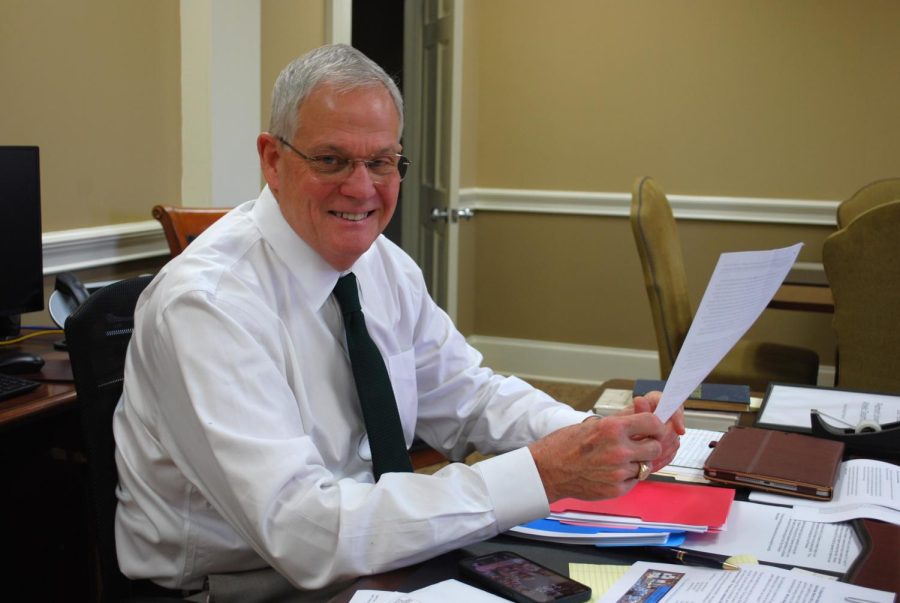
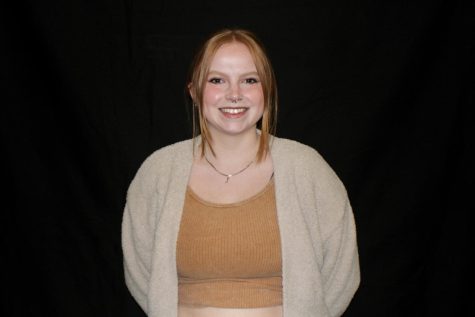
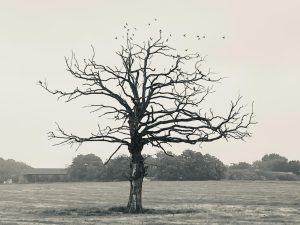
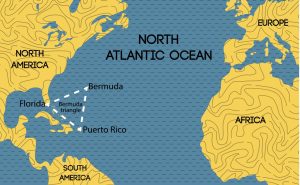

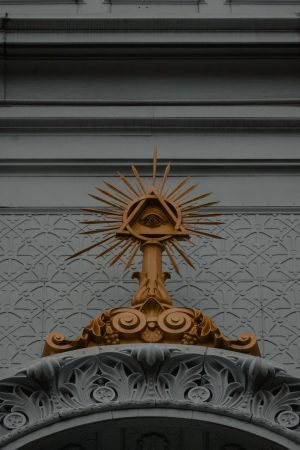







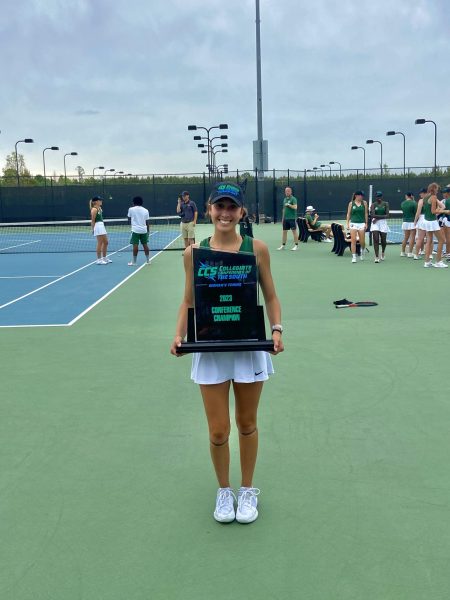

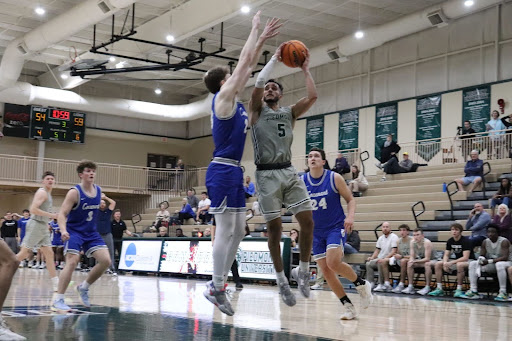
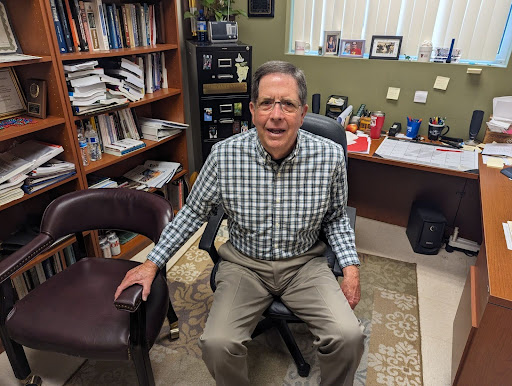

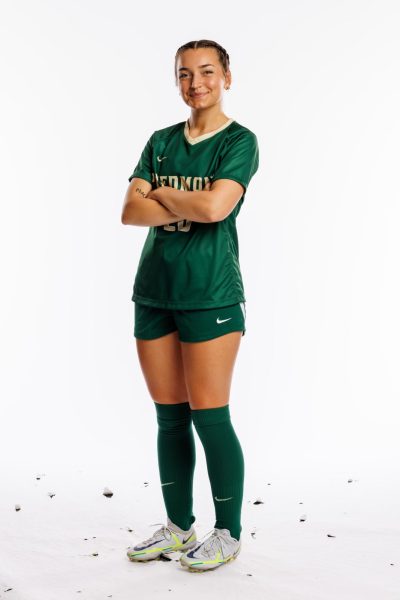
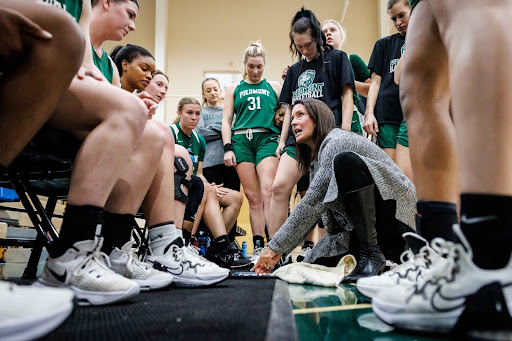

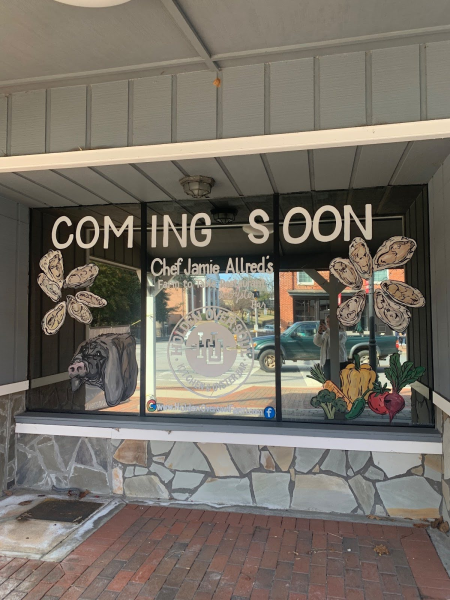
Dale Van Cantfort • Jan 28, 2023 at 3:15 pm
Great article! DVC